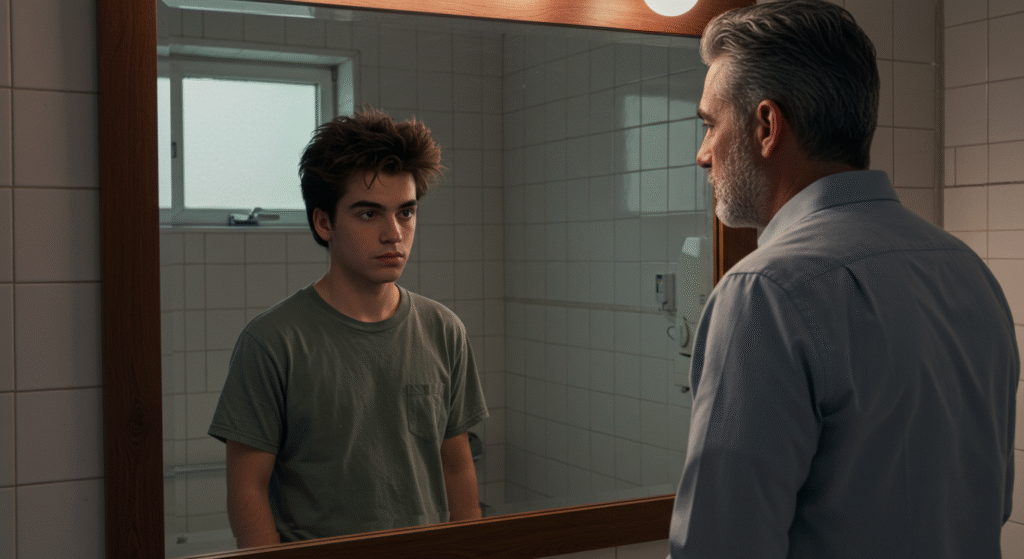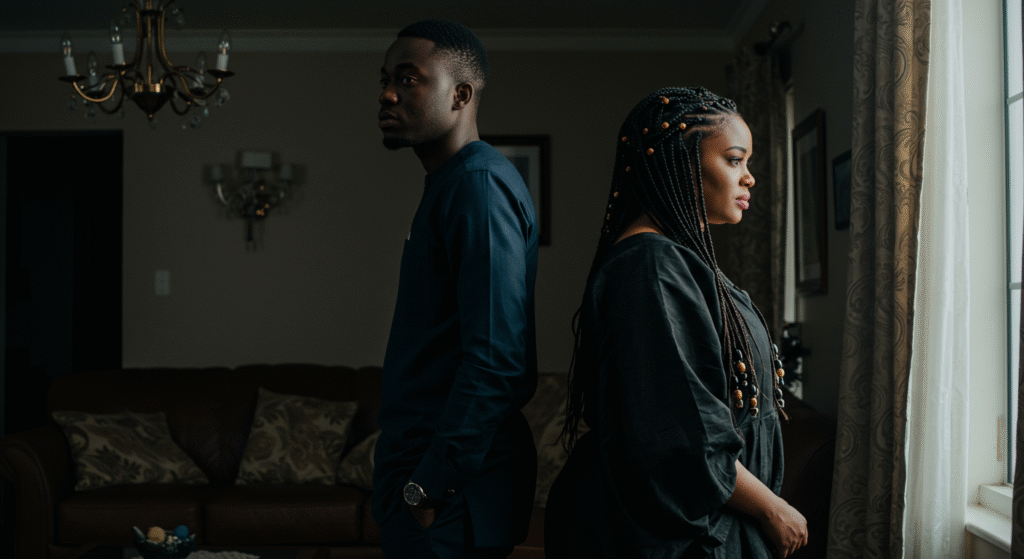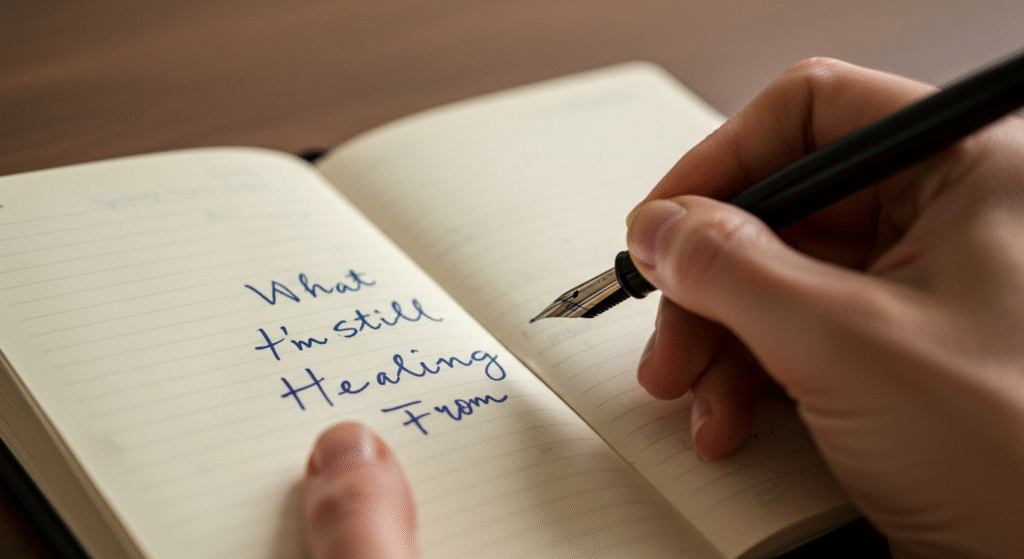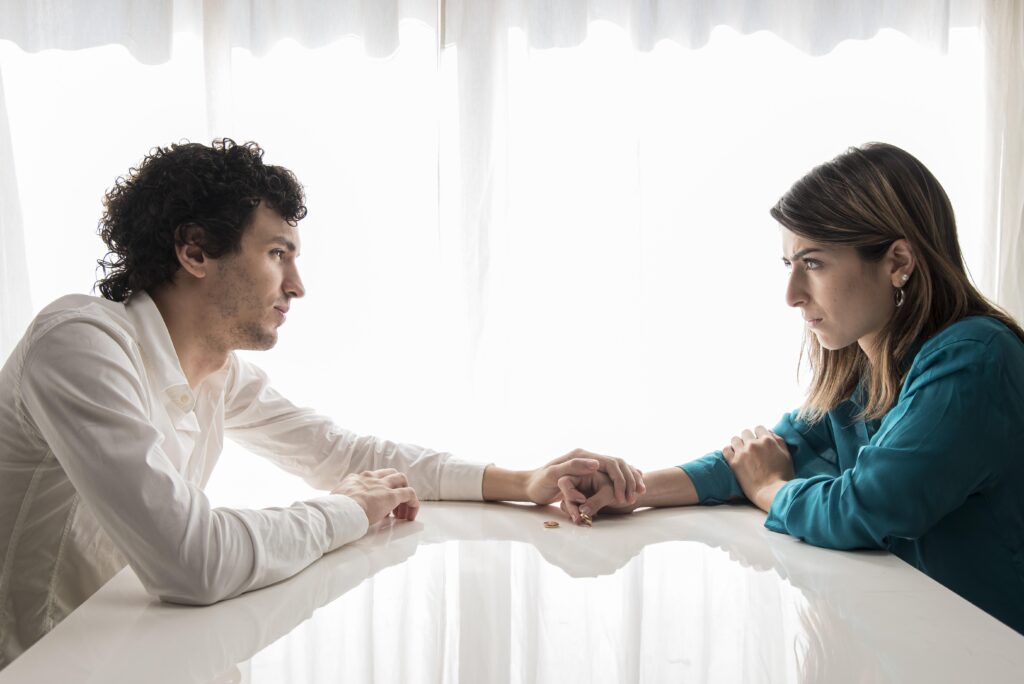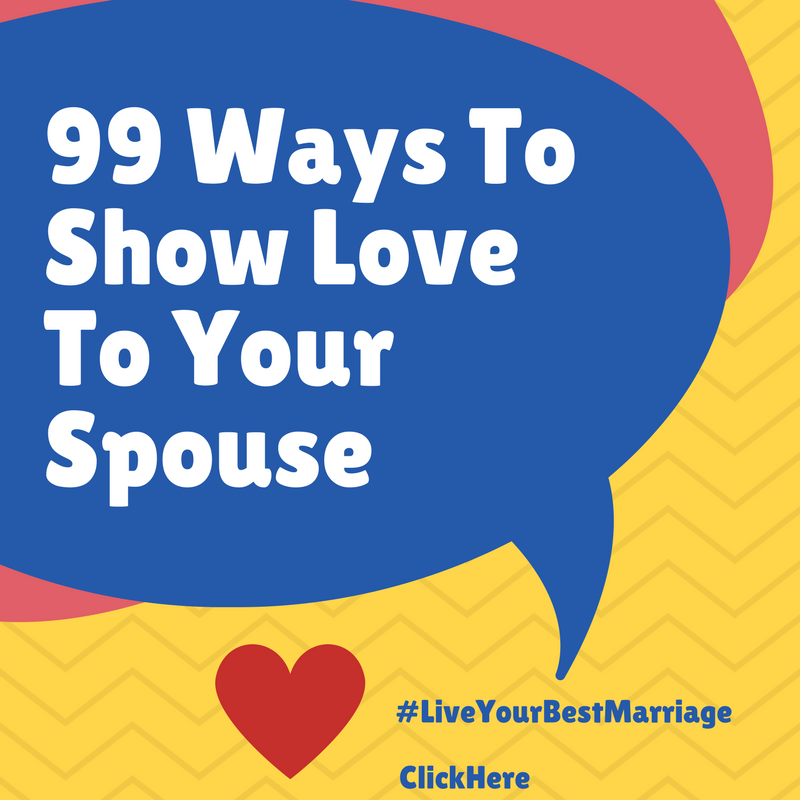How Past Pain Shows Up in Your Marriage (And What to Do About It)
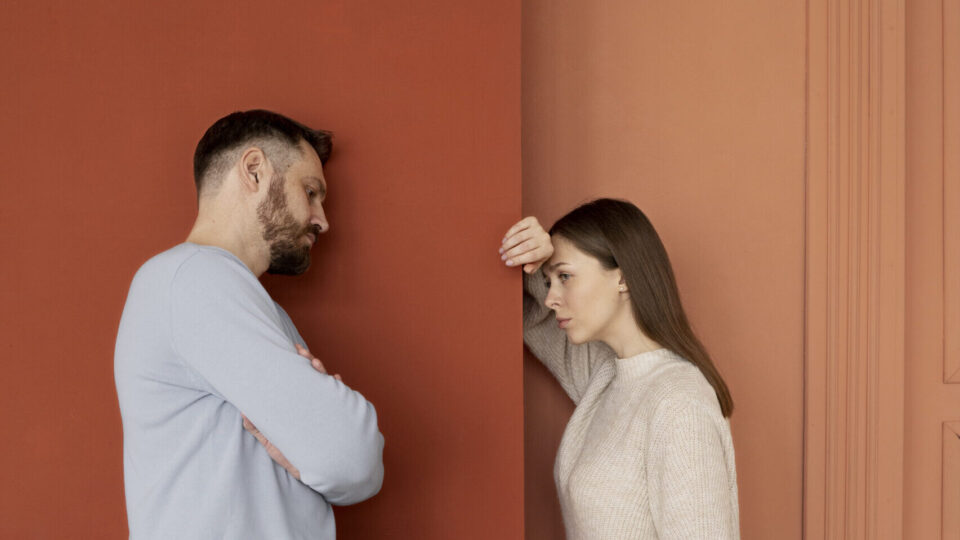
Introduction
It’s not just about what your spouse said last night—it’s about what it triggered inside you. The tone they used. The way they didn’t respond. The moment they pulled away. It felt familiar, didn’t it?
That’s because our past pain doesn’t just stay in the past. It follows us. And often, it shows up in our closest relationships—especially in marriage.
Whether it’s childhood wounds, trust issues from previous relationships, or deep insecurities you’ve never voiced, unresolved emotional pain can quietly shape the way you communicate, connect, and respond. In this post, we’ll explore how those wounds show up, how they affect your marriage, and what you can do to begin healing—both for yourself and your relationship.
1. Your Past Is Present—Even If You Don’t Realize It
Most people enter marriage with emotional baggage—not because they’re broken, but because they’re human. We carry memories, experiences, and coping mechanisms that shaped us long before we said “I do.”
These patterns might come from:
- A parent who criticized you constantly
- A past partner who betrayed your trust
- A childhood where love felt conditional
- Being told to “just get over it” when emotions surfaced
The pain from those experiences may have been buried, but it didn’t disappear. And when something in your marriage touches that wound, it flares up—often in ways you don’t expect.
2. Signs That Past Pain Is Affecting Your Marriage
Here are a few ways unresolved emotional pain can show up in your relationship:
a) Overreactions to Small Things
You get unreasonably upset when your partner is late or forgets something minor. It’s not just about this moment—it’s about feeling forgotten, dismissed, or invisible.
b) Constant Fear of Rejection
You interpret neutral behavior as signs that your partner is pulling away. A quiet evening feels like abandonment. A disagreement feels like the beginning of the end.
c) Avoidance of Vulnerability
You struggle to open up, even though you crave connection. Past betrayal or criticism taught you it’s not safe to share.
d) Control or Perfectionism
You try to manage everything—your environment, your partner’s mood, even your own emotions—because chaos in the past taught you that safety comes from control.
e) Difficulty Trusting
You double-check, second-guess, and overthink—even if your partner has given you no reason to doubt them.
These are not signs of weakness or immaturity. They’re signs of pain that hasn’t been fully processed—and they deserve compassion, not shame.
3. The Cycle of Reactivity in Marriage
When old wounds get triggered, it’s easy to fall into a reactive cycle:
- You feel hurt or threatened
- You react (withdraw, criticize, lash out, shut down)
- Your partner reacts to your reaction
- No one addresses the root issue
Over time, this cycle erodes emotional safety. You both start tiptoeing around each other, or bracing for the next conflict. And what’s really happening is this: your marriage is stuck responding to old pain, not present connection.
4. Why This Isn’t Your Fault (But It Is Your Responsibility)
You didn’t choose your pain. You didn’t choose how people hurt or abandoned or misunderstood you in the past.
But now, as an adult, you do have a choice: to understand it. To heal it. So that it doesn’t keep hijacking the connection you want with your spouse.
Healing isn’t about blaming your past—it’s about reclaiming your present.
It’s about saying:
“I don’t want my old story to control my current love.”
That decision is powerful. And it starts with awareness.
5. How to Begin Healing for Yourself (And Your Marriage)
a) Name the Wound
Ask yourself:
- “What am I really feeling right now?”
- “When have I felt this way before?”
- “What past experience might this moment be reminding me of?”
Often, simply naming the old pain can reduce its power.
b) Practice Self-Compassion
Instead of judging yourself for reacting, try saying:
“Of course I feel triggered right now. That old pain is still sensitive. But I’m safe, and I’m growing.”
Treat your inner wounds the way you’d treat a physical one—with care, not criticism.
c) Share What You’re Learning with Your Spouse
Let them in. Try saying:
“I’ve realized I get anxious when I feel ignored. I think it’s tied to some old stuff I’m still working through—not just you.”
This kind of vulnerability fosters emotional safety and breaks the cycle of misunderstanding.
6. Helping Your Partner Understand You Better
Your spouse may not always know how to support you—but they can’t support what you don’t share. Here’s how to invite them into your healing journey:
- Use “I feel” statements, not blame:
“I feel anxious when we’re disconnected. It brings up fears I didn’t expect.” - Ask for reassurance instead of assuming abandonment:
“I’m feeling vulnerable—can you remind me we’re okay?” - Don’t expect them to fix you—just to see you.
Your spouse doesn’t need to be your therapist. But they can be your teammate in healing.
7. When You Might Need Professional Support
Sometimes, past pain is so deeply rooted that trying to heal it alone becomes overwhelming. If you notice the same triggers repeating, or if emotional flashbacks are disrupting your ability to connect, counseling can help.
Therapy isn’t about “fixing” you. It’s about giving you the tools and support to heal at the root—so your marriage doesn’t have to carry the weight of what happened before it.
8. Rewriting Your Story Together
Healing from past pain doesn’t just change you—it changes the entire atmosphere of your marriage.
You begin to:
- Respond instead of react
- Speak instead of shut down
- Empathize instead of blame
- Let love in, without bracing for pain
And your spouse, in turn, begins to experience the real you—not the wounded version shaped by past hurt.
Your story doesn’t have to be about survival anymore. It can be about healing, connection, and growth.
9. Final Thoughts: You’re Not Broken—You’re Becoming
Past pain can shape you, but it doesn’t have to define you.
If you’ve been wondering why you overreact, why you feel unsafe in love, or why connection feels so hard—this is your invitation to look inward with compassion, not judgment.
You’re not broken. You’re becoming.
Becoming more aware.
More honest.
More whole.
And that growth—while sometimes painful—is the very thing that can bring your marriage back to life.

